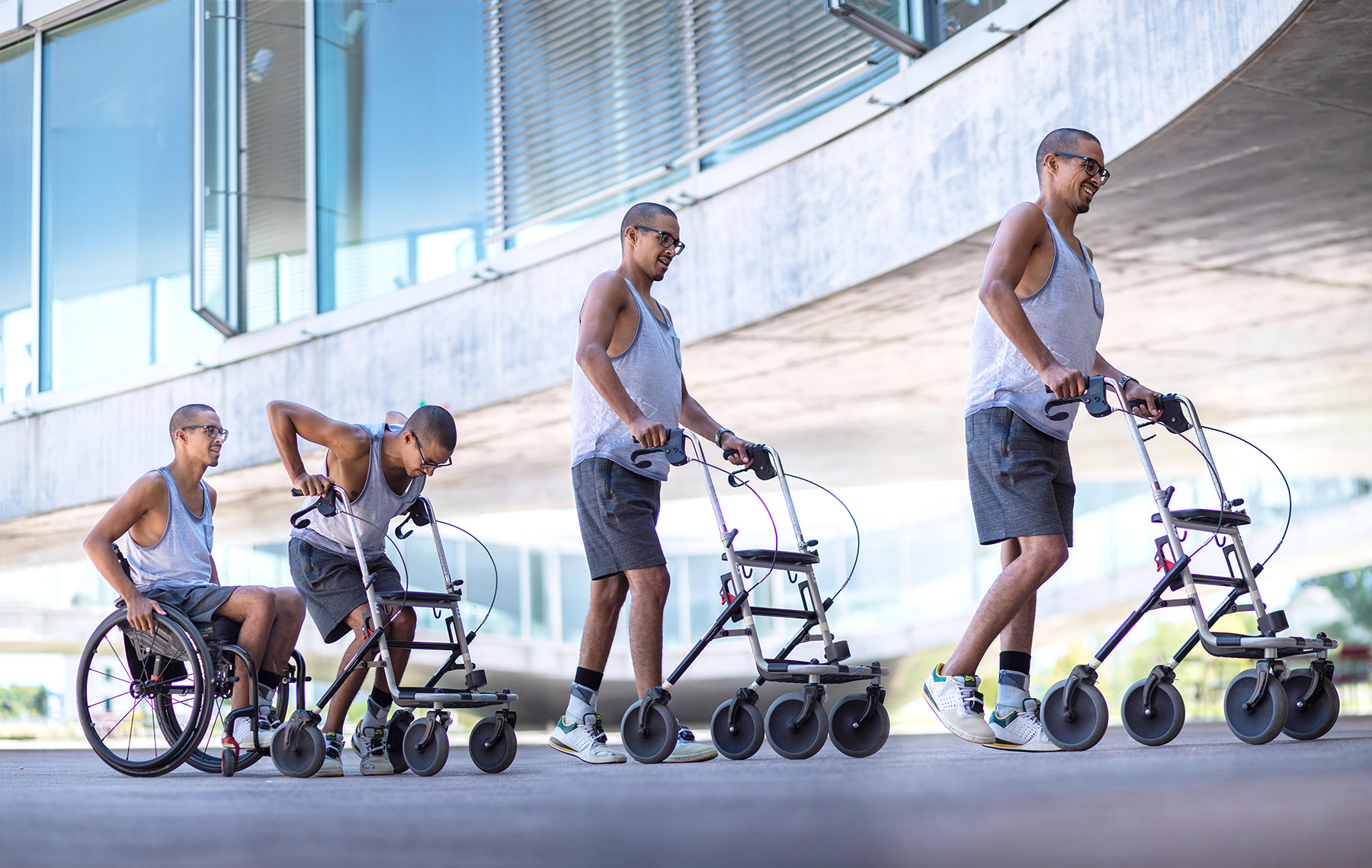How technology is helping paralyzed people walk again
A pacemaker-like implant has helped three men paralyzed by spinal injuries walk again
A free daily email with the biggest news stories of the day – and the best features from TheWeek.com
You are now subscribed
Your newsletter sign-up was successful
Each week, we spotlight a cool innovation recommended by some of the industry's top tech writers. This week's pick is a device that helps people recover from paralysis.
A pacemaker-like implant has helped three men paralyzed by spinal injuries walk again, said Benedict Carey at The New York Times. Swiss researchers implanted electrical stimulators in the patients' lower backs, below the site of their injuries. The devices fire impulses that carry messages from the brain across the damaged area of the spine, prompting muscle movements. After months of intensive therapy, the men were able to walk unsupported, "if briefly and awkwardly."

Two of the previously wheelchair-bound men can now get around using walkers. The experimental treatment is a long way from becoming standard care — on other patients, with more extensive spinal injuries, the implants were less successful. But, said University of Washington brain scientist Chet Moritz, the findings "hold out the promise that spinal cord injuries can be cured."
The Week
Escape your echo chamber. Get the facts behind the news, plus analysis from multiple perspectives.

Sign up for The Week's Free Newsletters
From our morning news briefing to a weekly Good News Newsletter, get the best of The Week delivered directly to your inbox.
From our morning news briefing to a weekly Good News Newsletter, get the best of The Week delivered directly to your inbox.
A free daily email with the biggest news stories of the day – and the best features from TheWeek.com